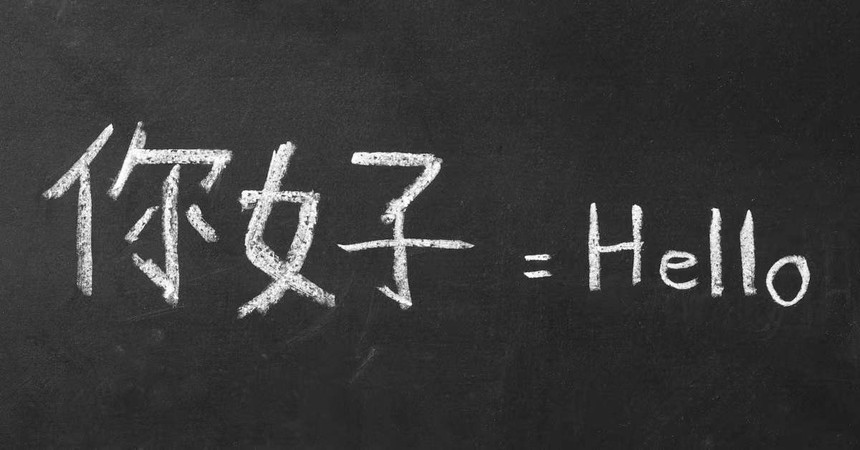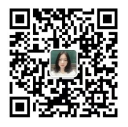Click the blue word to follow usSome Chinese expressions for zero level learners

Whatever the reasons why you learn basic words and phrases in Chinese, Mandarin Go supports you. To help you get started, we've compiled a list of commonly searched basic Chinese words and phrases.
"Hello" in Chinese
It is probably the most widely used Chinese expression. In Chinese, 你 (nǐ) means "you", and 好 (hǎo) means "good". A slight variation of this greeting is 你好吗 ?, which translates to "How are you?
"Thank you" in Chinese
Giving thanks in Chinese is easy, just say 谢谢 (xièxie). If you say thank you to your teacher, boss or an elderly person, you can say 谢谢您 (xièxie nín) to show them respect. 您 (nín) is the respectful form of 你 (nǐ) which means 'you'.
"I love you" in Chinese
爱 (ài) is the word for love in Chinese. Just like in English, it can be used in various situations, to express love to your partner, family members or simply to express that you really love something. For example, I like ice cream = 我爱冰淇淋 (wǒ ài bīngqílín).
"Yes" in Chinese
If someone asks you something and the answer is "yes", you can say 是 (shì). However, keep in mind that the words used to say"yes" in Chinese very depending on the context.
For example, you can only use 是 (shì) if the question is worded "Are you...?" Whereas, if the question is "Do you ... ", you cannot answer in the affirmative with 是 (shì), instead, you must use the verb itself. Like what
: Nǐ rén shì měi guó ma ? Are you American?
: Shi.Yes.
: Nǐ xǐ huan bīngqílín ma? Do you like ice cream?
Xǐ huan.Yes.
"No" in Chinese
If someone asks you something and you want to answer by saying "no" in Chinese, you can say 不是 (bú shì). However, keep in mind that you can only use it if the question is phrased "Are you...?" Whereas, if the question is "Do you ... ", you cannot answer with 不是 (bú shì). Instead, you need to use 不 followed by the verb itself. Like what
: Nǐ rén shì měi guó ma ?Are you American?
: Bu shì. No.
: Nǐ xǐ huan bīng qí lín ma? Do you like ice cream?
: Bù xǐ huān. No.
"Sorry" in Chinese
For a lower degree of error, you can also say不好意思 (bù hǎoyìsi), which means "excuse me". For example, if you walk into a room and realize that you are interrupting someone, you can say 不好意思 (bù hǎoyìsi).
"Welcome" in Chinese
This would probably be one of the first Chinese Characters you will meet upon arrival at the airport of China. "Welcome to China" translates to 欢迎你来中国 (huānyíng nǐ lái zhōngguó).
"What" in Chinese
什么 (shénme) is commonly used to ask which questions. It is placed after the verb. For example, what are you looking at? = 你在看什么 (nǐ zài kàn shénme)?
When combined with other words, it can make other interrogative words. Like what:
为什么 wèishème = why
什么时候 shénme shíhòu = when
You can also use 什么 to express surprise as you would use "what" in English:
shenme = what
"Family" in Chinese
家庭 (jiātíng) means family, but sometimes people also use 家 (jiā) to refer to family. 家 (jiā) in itself can also take on the meaning of home or home.
Here are some common combinations for 家 (jiā):
回家 huí jiā = 回 huí (return) + 家 jiā (home) = go home
家人 jiārén = 家 jiā (family) + 人 rén (people) = family members
大家 dàjiā = 大 dà (large) + 家 jiā (family) = everyone
"Friend" in Chinese
朋 (peng) means "friend" or having a good relationship with someone. 友 (yǒu) also means "friend" or "partner". 好友 (hǎoyǒu) means "good friend".
"Happy" in Chinese
There are three ways to say happy in Chinese: 开心 kāixīn,快乐 kuàilè,高兴 gāoxìng.
开心 kāixīn = 开 kāi open + 心 xīn heart
快乐 kuàilè = 快 kuài rapide + 乐 lè plaisir
高兴 gāoxìng = 高 gāo high + 兴 xìng mood
While they are similar and can be interchangeable, there are differences between them which means that some situations are more suitable for one than the other. 开心 kāixīn and 高兴 gāoxìng can mean a feeling of temporary happiness, while 快乐 kuàilè is a state of long-term happiness. 快乐 kuàilè is also often used for greetings such as "新年快乐 xīn nián kuàilè!", which means Happy New Year in Chinese.
"Here", "there" and "where" in Chinese
'Here' is 这儿 zhè'er. 'There is nà'er. Where am I not. You have to be careful with 那儿 nà'er and 哪儿 nǎ'er because the only difference spoken between them is the tone. If you get the tone wrong, your listener will be confused.
Wǒ de péngyǒu zài nǎ’er ? Where is my friend?
Wǒ de péngyǒu zài nà'er. My friend is here.
Note: You can also replace 儿 er with 里 (lǐ) or 边 biān. You will find 儿 er more commonly used by the northern Chinese, while 里 lǐ by the southern Chinese.
Without a doubt, Mandarin is not something you can learn overnight or through a few articles on our blog. If you would like to delve deeper into the language, please scan the QR code below:









